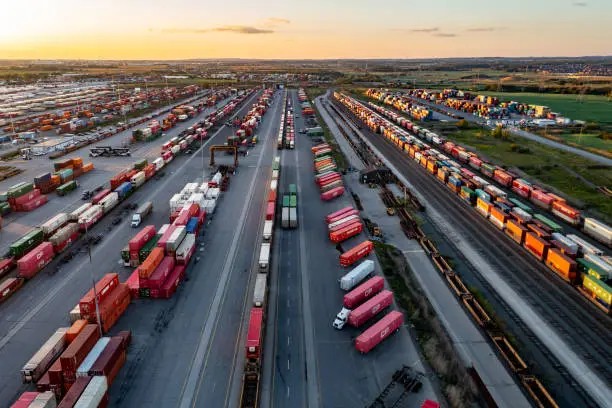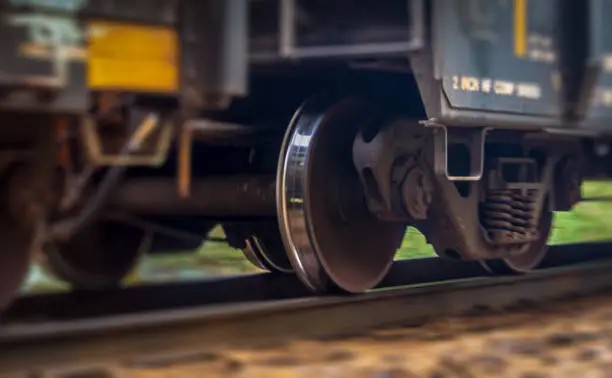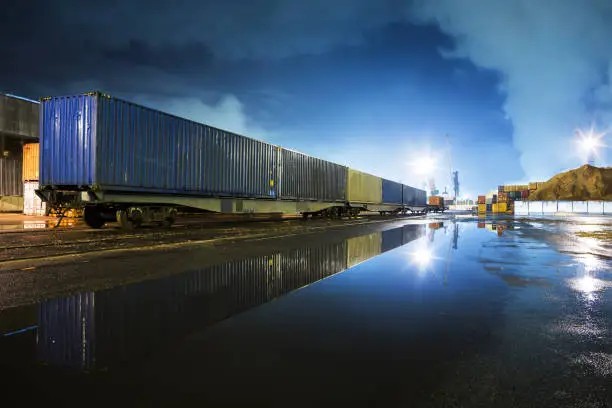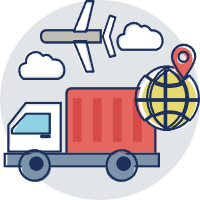Railway transportation is one of the most efficient and cost-effective methods for moving goods over long distances. By working with railway transportation companies, businesses can take advantage of reduced costs, high reliability, and eco-friendly shipping options. This article explores the types of goods best suited for rail freight shipping and how railway logistics services streamline transportation.

Bulk Commodities
Railways are ideal for transporting large volumes of bulk commodities, such as:
Coal and Minerals: Rail freight shipping is the go-to method for moving coal, ores, and other minerals from mines to processing plants or export terminals.
Grain and Agricultural Products: Grains like wheat and corn benefit from rail’s high-capacity loads and cost savings.
Chemicals and Liquids: Rail tanks safely transport bulk liquids, including petroleum, ethanol, and industrial chemicals.
The high load capacity and cost advantages make rail the preferred choice for these materials.
Construction Materials
Heavy and bulky construction materials like cement, steel, and timber are perfectly suited for rail transport. Railways provide a sustainable and cost-effective solution, while railway logistics services ensure timely deliveries to minimize project delays.

Consumer Goods
Advancements in railway logistics services have made rail a viable option for consumer goods:
Electronics and Appliances: High-value goods are safely shipped via intermodal containers.
Retail Products: Clothing, toys, and household items are efficiently moved using combined rail and road logistics.
Rail’s intermodal capabilities allow businesses to meet consumer demand while optimizing costs.
Automotive Industry
The automotive sector heavily relies on rail freight shipping for transporting:
Vehicles: Trains can carry hundreds of vehicles in a single trip, offering significant cost and environmental benefits.
Auto Parts: Railways connect manufacturing facilities and suppliers, supporting just-in-time production processes.
Rail ensures the smooth flow of goods in this highly competitive industry.

Intermodal Goods
Intermodal shipping combines rail, road, and sometimes sea transport for seamless logistics. It is particularly suited for:
E-commerce Shipments: Online retailers benefit from rail’s ability to quickly move goods across regions.
Containerized Cargo: Standardized containers simplify loading, unloading, and transfers between transport modes.
Benefits of Using Railway Transportation Companies
Collaborating with railway transportation companies offers multiple advantages:
Cost Efficiency: Rail is more economical than road transport, particularly for heavy and bulk goods.
Sustainability: Rail freight produces fewer greenhouse gas emissions, making it a greener alternative.
Reliability: Fixed schedules and dedicated routes ensure on-time deliveries.

Railway transportation is ideal for a variety of goods, from bulk commodities and construction materials to consumer products and automotive shipments. By partnering with professional railway transportation companies, businesses can take full advantage of cost-effective rail freight shipping and advanced railway logistics services. Whether for domestic transport or intermodal solutions, rail offers unmatched efficiency, reliability, and sustainability.




















